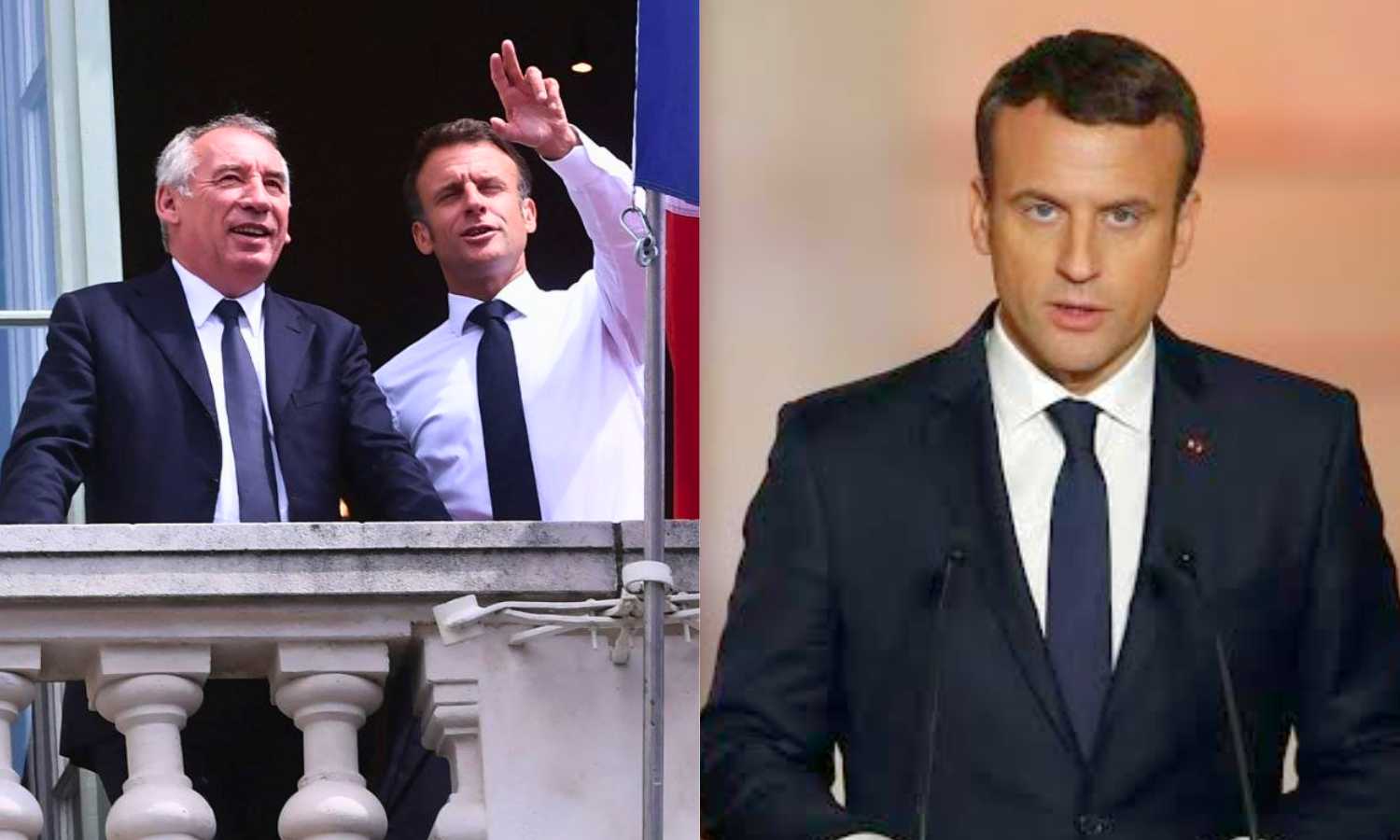Hyderabad: France entered a new phase of political uncertainty on Monday after Prime Minister François Bayrou lost a crucial no-confidence vote in the National Assembly. The outcome has forced the French PM Bayrou resignation, leaving President Emmanuel Macron to manage a leadership vacuum and navigate a fresh crisis.
Bayrou, who held office for just nine months, surprised even allies by calling the confidence vote. He sought to break a long deadlock over his tough budget plan, which included €44 billion (\$52 billion) in spending cuts aimed at reducing France’s rising debt.
No-confidence vote seals Bayrou’s fate
The motion of censure passed with 364 votes against the government, while only 194 MPs backed Bayrou. Citing Article 50 of the French Constitution, Assembly Speaker Yaël Braun-Pivet confirmed that the Prime Minister and his government must resign. Bayrou is expected to submit his resignation on Tuesday.
Bayrou becomes the sixth prime minister under President Macron since 2017 and the fifth since 2022, highlighting the instability of French domestic politics. His exit complicates Macron’s attempts to focus on international diplomacy, especially his leading role in discussions over the war in Ukraine.
Political and economic implications
Bayrou defended his decision to seek a vote of confidence, telling the Assembly that avoiding such a test would have left France stuck in political stagnation. Still, the rejection underscores the lack of consensus around his austerity programme.
The French PM Bayrou’s resignation forces Macron to appoint a successor capable of balancing fiscal discipline with political consensus. The crisis adds pressure on the president, already facing challenges from both the far-right and left-wing opposition. Analysts warn that prolonged instability could slow progress on reforms and weaken France’s standing in Europe.

